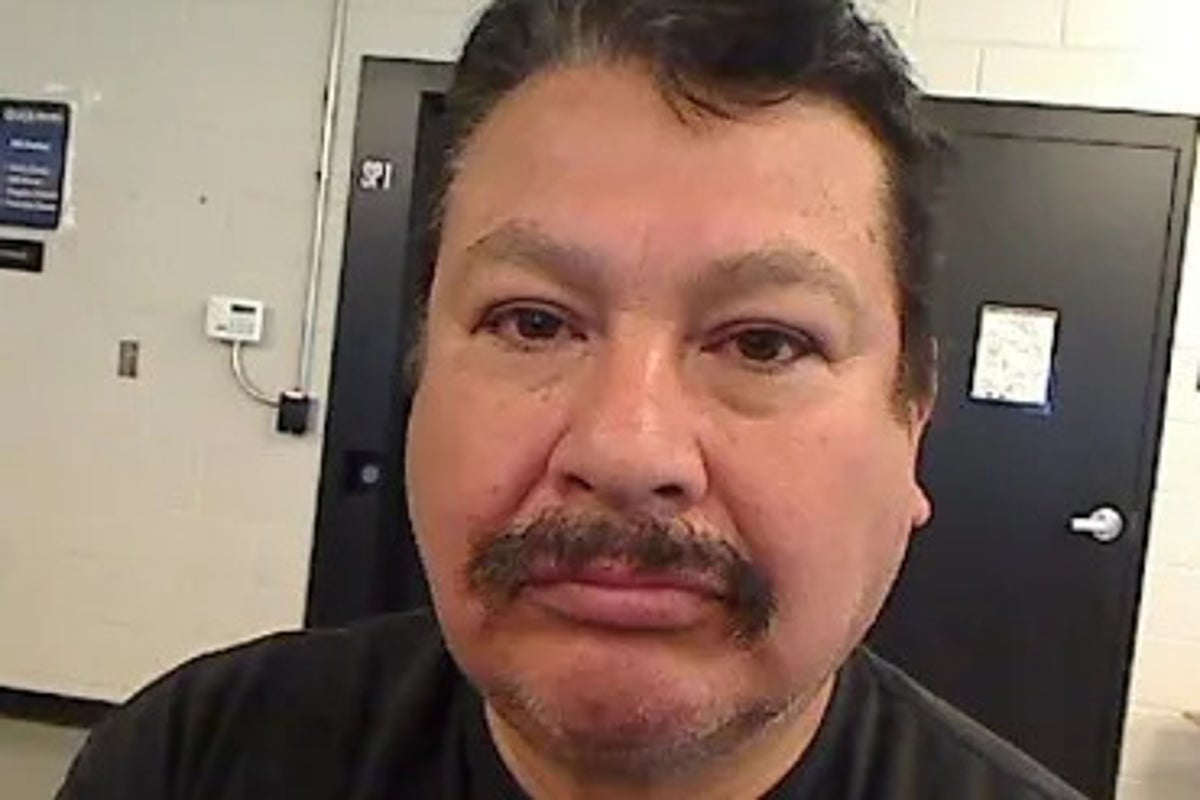ARTICLE AD BOX
Prosecutors in Bangladesh have formally charged ousted prime minister Sheikh Hasina with crimes against humanity for her alleged involvement in mass killings during last year’s anti-government protests.
Ms Hasina fled by helicopter to India after a student-led protest turned into an anti-government uprising against her 15-year-long authoritarian rule in the South Asian country.
The UN estimates up to 1,400 people were killed between July and August last year during the monsoon protests when Ms Hasina's Awami League government launched its crackdown on demonstrators in Dhaka.
Bangladesh's International Crimes Tribunal (ICT) found that Ms Hasina “directly ordered” state security forces, her party and affiliated groups to conduct operations, which resulted in mass casualties.
"Upon scrutinising the evidence, we reached the conclusion that it was a coordinated, widespread and systematic attack," Mohammad Tajul Islam, ICT chief prosecutor, told the court.
"The accused unleashed all law enforcement agencies and her armed party members to crush the uprising," he added.
Mr Islam had filed charges against Ms Hasina and two other officials, who were also officially charged on Sunday, for "abetment, incitement, complicity, facilitation, conspiracy, and failure to prevent mass murder during the July uprising".
Prosecutors argued that Ms Hasina, as the then-head of the government, was responsible for the security force operations during the unrest.
The ICT in October last year issued arrest warrant for the former prime minister as well as 45 of her cabinet ministers, advisors, and military and civil officials. She continues to live in New Delhi, close to the corridors of power in the capital, evading an extradition bid.
The power vacuum in Bangladesh was quickly filled with a caretaker government led by long-time Hasina critic and Nobel laureate Muhammad Yunus, who returned to the country to be named interim leader. Almost a year since the protests, Bangladeshis await a democratic election to pick their new leader.
However, in a controversial move, Bangladesh’s Election Commission this month cancelled the registration of Awami League, preventing it from participating in the next national election, which is expected to be held by June next year.
The interim government said it outlawed all activities “including any kind of publication, media, online and social media" as well as "any kind of campaign, procession, meeting, gathering (or) conference until the trial of the leaders and activists … is completed".









 English (US) ·
English (US) ·